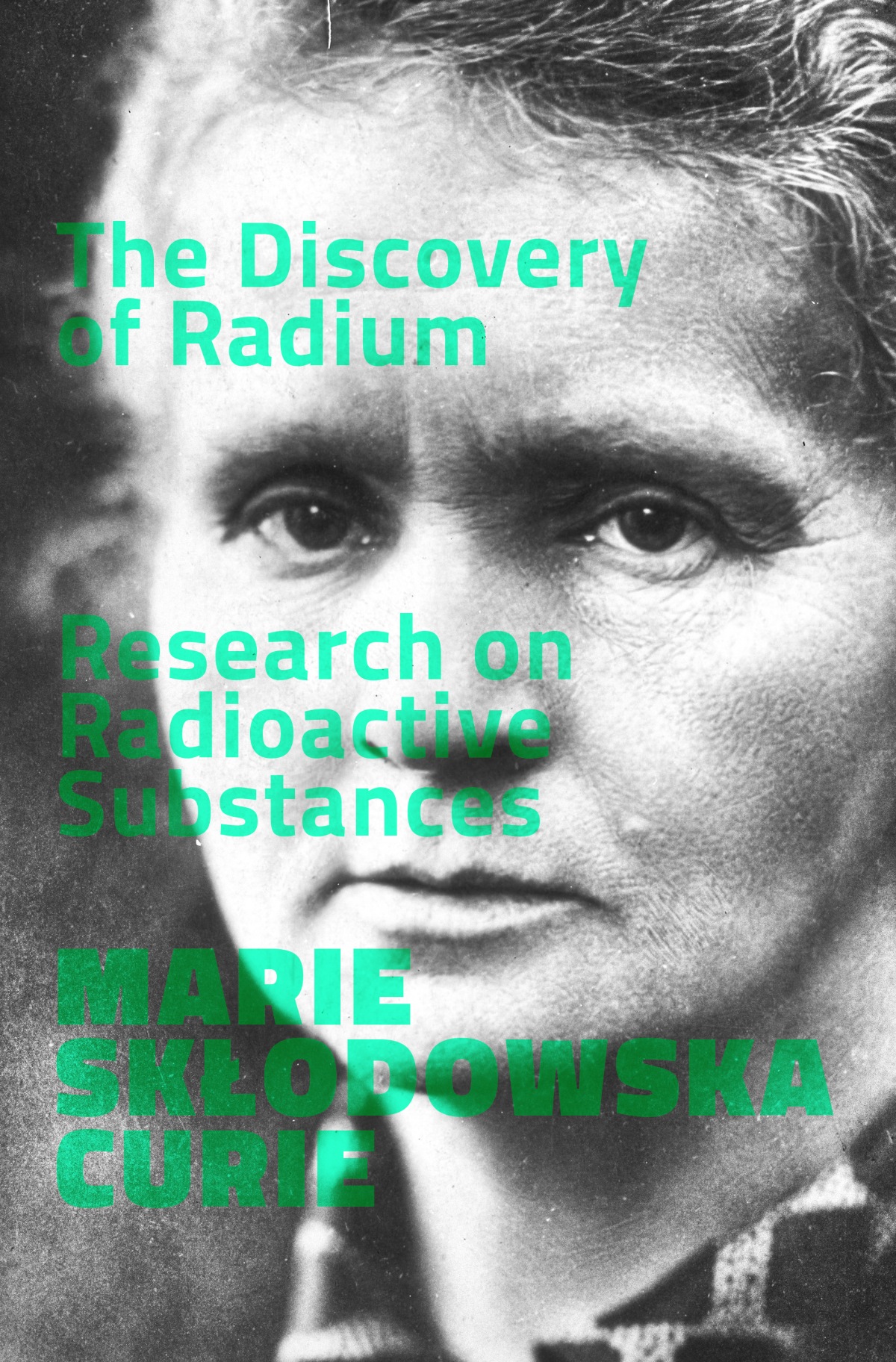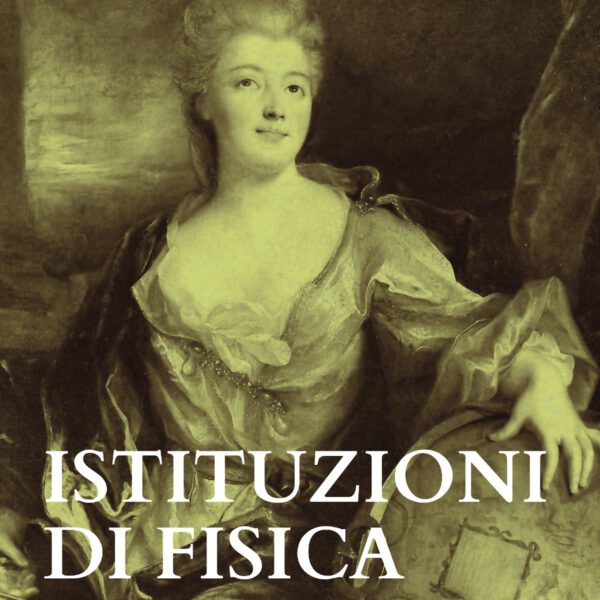Description
Marie Skłodowska Curie was a Polish and naturalized-French scientist who remains today one of the most extraordinary figures in modern physics and chemistry. She was the first person to win two Nobel Prizes (in Physics and in Chemistry) and the first woman scientist to be awarded the Nobel Prize in Physics.
After being denied a position at the University of Kraków, due to the common sexism in the academia of the time, she returned to Paris to work together with Pierre Curie. At the end of the 19th century, Henri Becquerel had discovered the new phenomenon of radio-activity (a term later coined by Marie Skłodowska Curie) in uranium salts. Skłodowska Curie built upon this study and made two fundamental discoveries in the field.
First, she discovered that radio-activity is a property of certain elements (like uranium and thorium) of the periodic table, and it is not due to the chemical properties of compounds. Second, she discovered two new radio-active elements, polonium and radium. This book presents her address at Vassar College from 1921 and her Ph.D. thesis, defended in 1903 at the Faculty of Science of the Université de la Sorbonne in Paris.
Her thesis, described by the examining committee as the best contribution to science ever presented, made Marie Skłodowska Curie the first woman to obtain a doctoral degree in the history of France. Newly translated from the French second edition, it represents a true masterpiece of science and describes in detail her efforts to understand the origin of radioactivity.
To appreciate the beauty of her work one has to keep in mind that, at the time, the structure of the atom was largely unknown (the first attempt was made by J.J. Thomson in 1904). Due to high exposure to radiation, she died from aplastic anemia at the age of 66.




Reviews
There are no reviews yet.